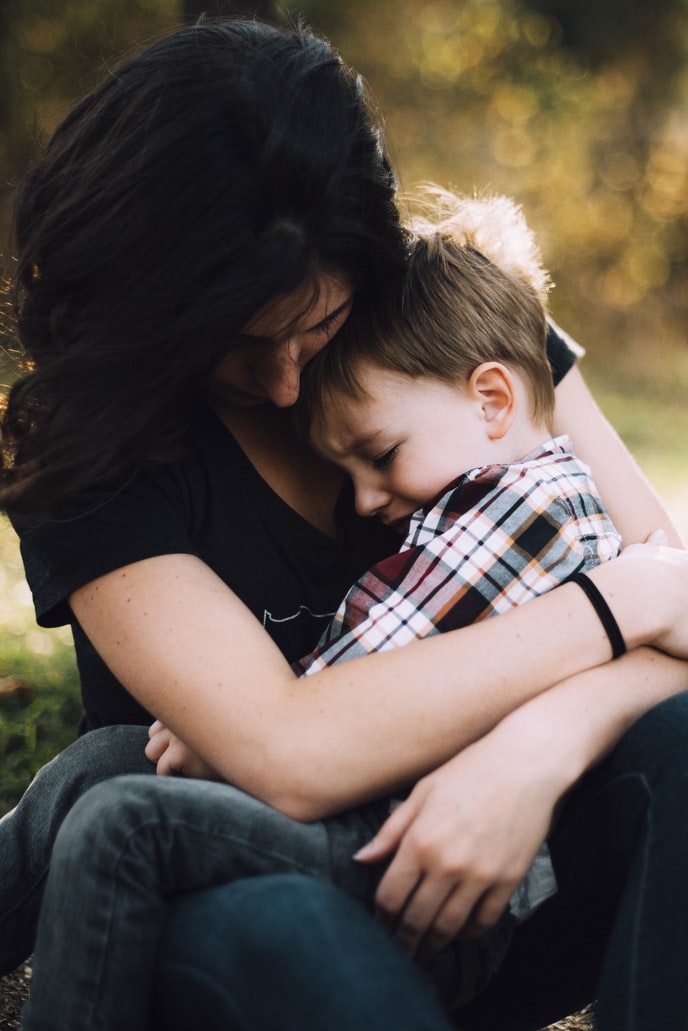Divorce is a complicated process for everyone involved. One of the most overlooked aspects of divorce is its effect on children. Children may not understand what is happening, and they can feel like they are to blame. They may also fear losing one or both of their parents.
This can lead to various psychological problems in children, including anxiety, depression, and difficulty forming relationships later in life. As marriage dissolves, children’s sense of security is also shattered. They may feel like they can no longer trust the world around them.
The Emotional Impact Of Divorce To Kids
It is important to remember that these problems are not always permanent, and with time and support, most children will be able to overcome them. However, parents must consider their children’s emotional well-being when deciding to divorce.
Aside from the logistical challenges of splitting up a family, children often feel intense emotions after their parents’ divorce. They may feel scared, confused, sad, or angry – sometimes all of these emotions at once. These feelings can be overwhelming, and it is often hard for children to express them.
As a result, some may act out or bottle up their feelings. Counseling and reaching out to an Austin child support lawyer to evaluate the situation and what might be best for the children can help them work through these feelings.
It is essential to keep in mind that how a child reacts to a divorce will vary depending on their age, personality, and relationship with their parents. However, some general reactions are common among children of all ages:
Infants and Toddlers
The youngest children may not know that their parents are getting a divorce. However, they will likely feel the tension and stress in the home. They may become clingy or more irritable than usual.
Preschoolers
Preschoolers usually understand what is happening when their parents get divorced, and they often feel a range of emotions, including sadness, anger, and fear. Some may act out or become more disruptive in school.
Grade Schoolers
Grade schoolers often feel a sense of betrayal when their parents split up and may have trouble trusting people. They may also struggle academically as they try to cope with the change in their family.
Teens
Teens may feel like they are the only ones going through this and try to hide their feelings. They may struggle with self-identity, mood swings, and drug or alcohol abuse.
The best way to help children cope with a divorce is to be open and honest about what is happening. Let them know that it is not their fault and still love them. Reassure them that they will continue to be a part of both parents’ lives, even if they live in separate homes.
It is also essential to provide children with a solid support system, whether family members, friends, or a therapist. Finally, give them time to grieve the loss of their family as it was before the divorce. This may take months or even years.
How To Help Your Child Cope With A Divorce
Coping with a divorce can be difficult for children. Here are some tips to help them cope:
- Encourage your child to talk about their feelings. This will help them process what is happening and make it easier for them to deal with the situation.
- Make sure they have a support system, family, friends, or professionals.
- Help them maintain a routine as much as possible. This can provide some stability in their lives.
- Encourage them to spend time with each parent, if possible. This will help keep the relationship with both parents strong.
- Make sure they get plenty of love and support from you. Let them know that you are there for them and support them through this difficult time
Mental Health Issues Associated With Divorce
Divorce can also lead to mental health issues in children. Some of these issues include:
- Depression
- Anxiety disorders
- Eating disorders
- Suicidal thoughts or attempts
These are just some mental health problems that children may experience after a divorce. It is essential to be aware of these and seek help if your child is experiencing any of them.
If you are going through a divorce, please seek help for yourself and your children. There are many resources available to help you get through this difficult time. The most important thing is to keep your children safe and supported throughout the process.
Poor Academic Performance
In addition to the psychological effects, children of divorced parents often have poorer academic performance. This may be due to the added stress of the divorce or because they are not getting enough attention from their parents.
If your child is struggling in school, it may be worth talking to your pediatrician or seeking counseling.
Behavior Issues
They may act out to cope with the stress of the divorce or because they are not getting the attention they need from their parents. If you see changes in your child’s behavior, it is essential to seek help. Behavioral problems can be complex for children and can have long-term consequences.
It is important to remember that children cope with divorce in different ways. There is no one right way to handle it. Just make sure you are there for your child and provide them with as much support as possible. Seek help if you need it, and let your child know that they are not alone.
Final Words
Parental separation may have long-term consequences for children’s mental health. Besides this, financial hardship and changes in living arrangements can also add to the woes of a child. Parents must remember their children when going through a divorce and seek professional help. Your child’s mental health should be your top priority.

